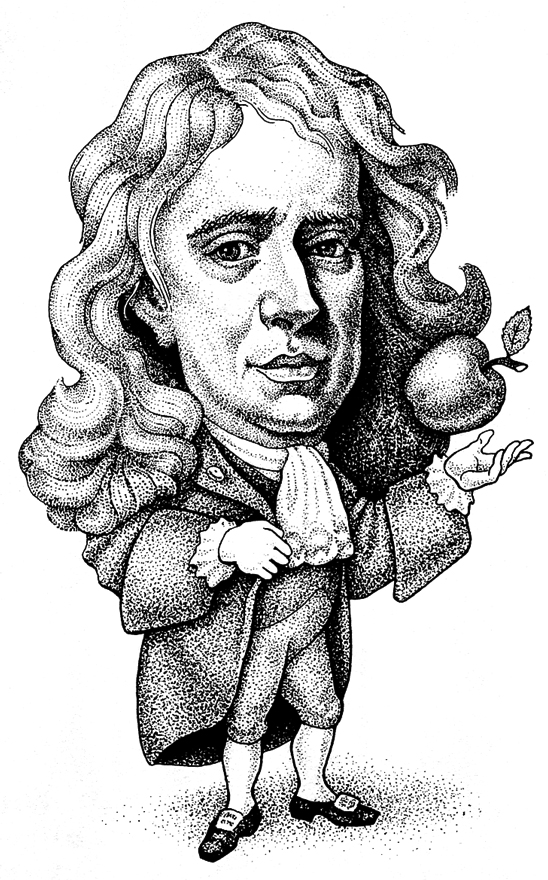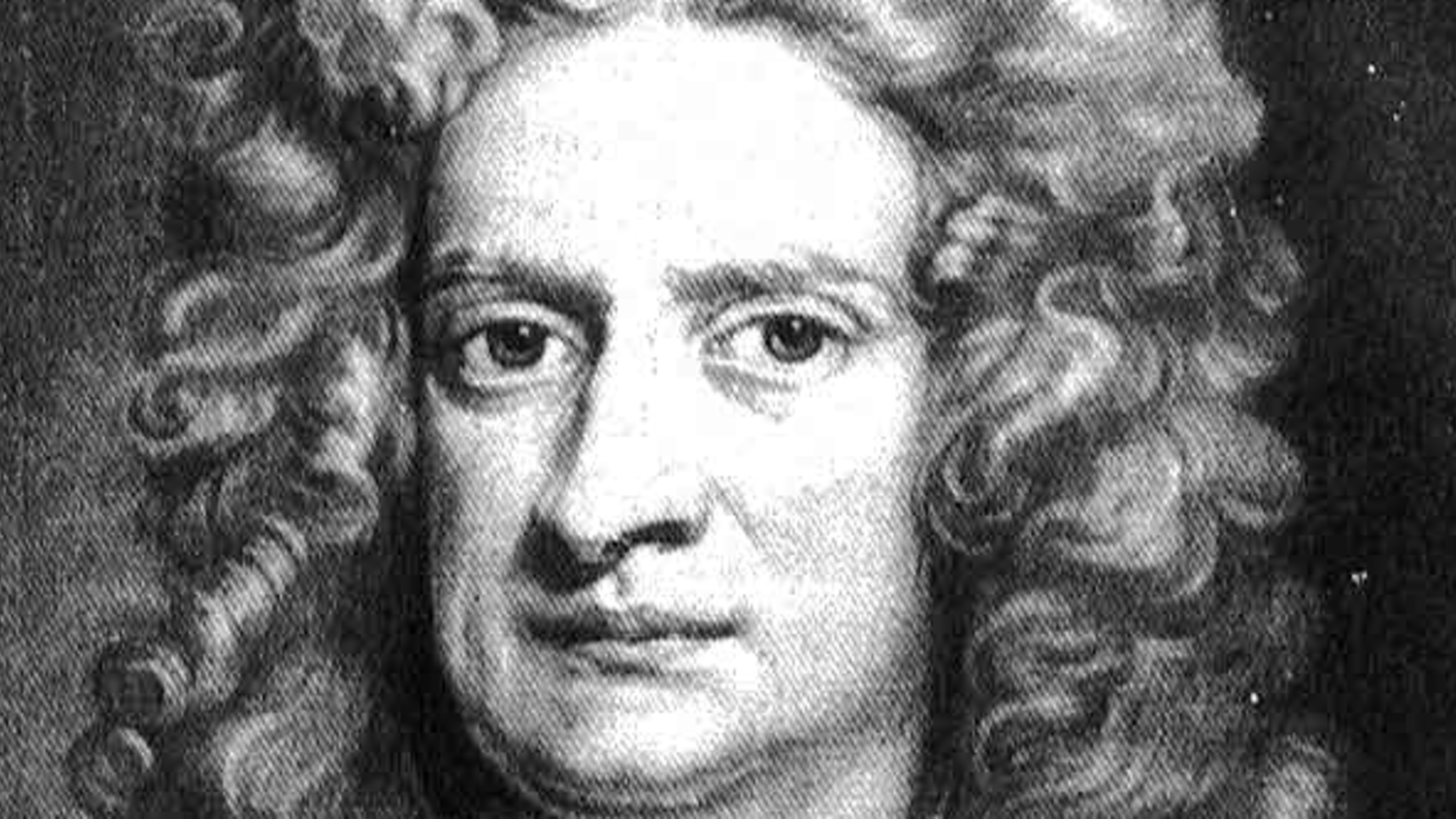

Trinity College was closed due to the highly contagious, deadly disease. The further pursuit of an education was interrupted by the plague. Newton graduated with a bachelors degree in 1665. He became interested in mathematics after buying a book at a fair and not understanding the math concepts it contained. Newton also kept a journal where he was able to express his ideas on various topics. His mother refused to pay for his education so while at college he worked as a servant to pay his way. Though Newton did not excel in school, he did earn the opportunity to attend Trinity College Cambridge where he wanted to study law. Newton's mother remarried and he was left in the care of his grandmother. Wealthy, uneducated farmer who died three months before Newton was born. Isaac Newton was born in 1643 in Woolsthorpe, England. They form the foundation of what is now known as classical mechanics, which is the study of massive objects that are larger than the very small scales addressed by quantum mechanics and that are moving slower than the very high speeds addressed by relativistic mechanics.In addition to mathematics, physics and astronomy, Newton also had an interest in alchemy, mysticism and theology. The three laws have been verified by countless experiments over the past three centuries, and they are still being widely used to this day to describe the kinds of objects and speeds that we encounter in everyday life. However, if you were standing on roller skates, and you threw a bowling ball forward, you would start moving backward at a noticeable speed. For instance, if you were to throw a baseball to the west, you would not have to consider that you actually caused the rotation of the Earth to speed up ever so slightly while the ball was in the air. If one object is much, much more massive than the other, particularly in the case of the first object being anchored to the Earth, virtually all of the acceleration is imparted to the second object, and the acceleration of the first object can be safely ignored. For example, when you push a cart, the cart pushes back against you when you pull on a rope, the rope pulls back against you when gravity pulls you down against the ground, the ground pushes up against your feet and when a rocket ignites its fuel behind it, the expanding exhaust gas pushes on the rocket causing it to accelerate. Forces always occur in pairs, so when one body pushes against another, the second body pushes back just as hard. The Third Law of Motion states, "For every action, there is an equal and opposite reaction." This law describes what happens to a body when it exerts a force on another body. However, if the object is already in motion, or if this situation is viewed from a moving reference frame, that body might appear to speed up, slow down, or change direction depending on the direction of the force and the directions that the object and reference frame are moving relative to each other.

In the simplest case, a force applied to an object at rest causes it to accelerate in the direction of the force. When a constant force acts on a massive body, it causes it to accelerate, i.e., to change its velocity, at a constant rate. The force can be a single force, or it can be the vector sum of more than one force, which is the net force after all the forces are combined. The bold letters indicate that force and acceleration are vector quantities, which means they have both magnitude and direction. It states, "The force acting on an object is equal to the mass of that object times its acceleration." This is written in mathematical form as F = m a, where F is force, m is mass, and a is acceleration. The Second Law of Motion describes what happens to a massive body when it is acted upon by an external force. This property of massive bodies to resist changes in their state of motion is sometimes called inertia. It takes some force acting on them from the outside to cause such a change. The First Law of Motion states, "A body at rest will remain at rest, and a body in motion will remain in motion unless it is acted upon by an external force." This simply means that things cannot start, stop, or change direction all by themselves.


 0 kommentar(er)
0 kommentar(er)
